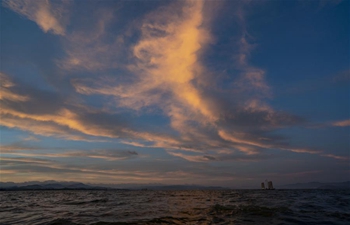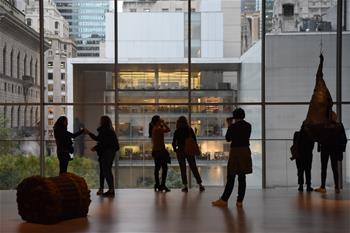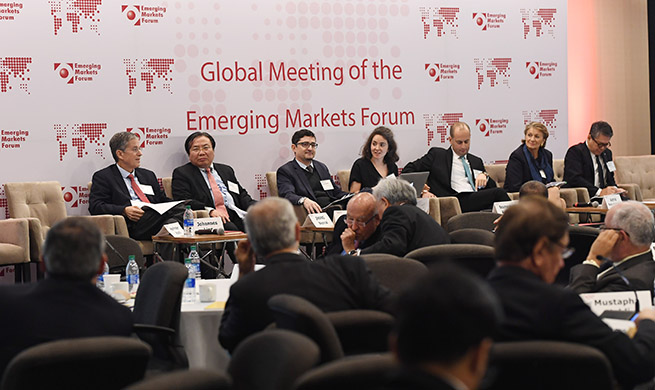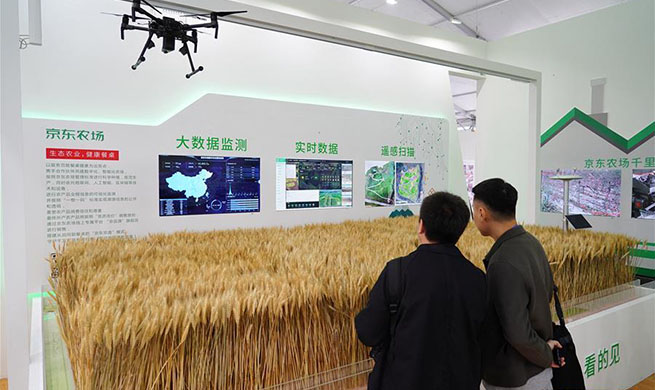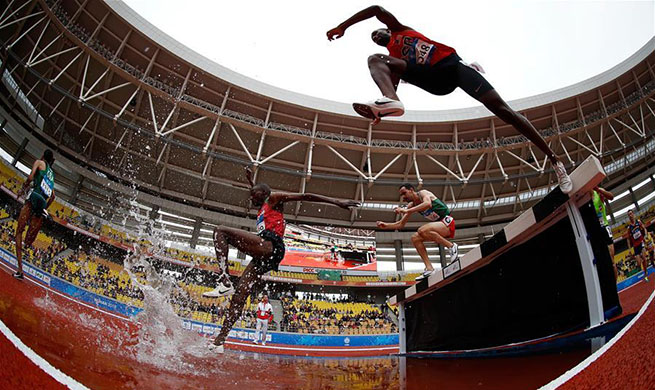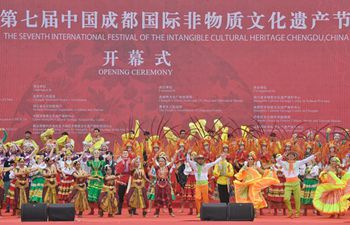SAN FRANCISCO, Oct. 22 (Xinhua) -- Academics, practitioners and corporate executives from the United States and China voiced the need to deepen understanding of intellectual property (IP) litigation in each other's system at a conference in Berkeley, California on Tuesday.
The Second Annual Berkeley-Tsinghua Conference on Transnational IP Litigation, hosted by the Berkeley Center for Law and Technology (BCLT), aimed to foster a deeper understanding among practitioners, judges and policy makers of the increasingly important role of cross-border litigation, especially for Chinese and American companies.
The conference attracted more than 100 professionals, including lawyers and judges from both countries.
It covered a wide range of hot topics closely linked to the current situation, including 5G and other key standards or technologies under development, the climate for licensing and IP transactions, China's e-commerce law, and best practices in IP litigation for U.S. attorneys in China and Chinese lawyers in the United States.
"It's unusual for people who are involved directly with IP litigation in China to do business altogether in one place in the United States," said Robert P. Merges, co-director at BCLT and a law professor at University of California, Berkeley.
Merges said that both sides need to better understand each other and this conference was designed to be "practical."
"People here who are experts in Chinese IP law, who work in China, many of whom come from China over here for the conference. This provides an opportunity to discuss all the issues in a very academic way. It's very effective," said Randall Rader, former chief judge of the U.S. Court of Appeals for the Federal Circuit.
It's important to have such interaction, said Hao Yuan, a researcher at the Intellectual Property Protection Center of Tsinghua University. She gave a presentation on standard-essential patent (SEP) licensing and litigation in China during the conference.
She said the conference focused on practice, which provided a good opportunity for practitioners from both countries to learn about each other's legal system and environment and best practices.
"The conference, with an open forum style, tries to address the IP-related challenges from the perspective of companies and law practitioners," said Hao. "It also builds a platform for academics to play a better role in bridging the two countries, especially at a time when the arrival of 5G brings many challenges for the world."
